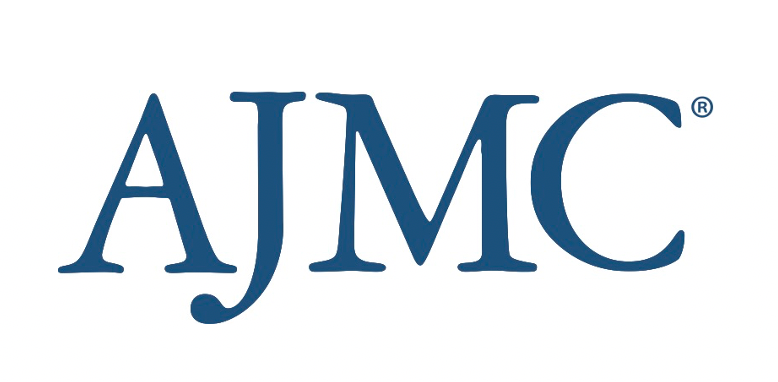
Insurance
Latest News
Latest Videos

More News

President Donald J. Trump pushed for significant health care changes during his first month back in office, through executive orders affecting managed care, drug pricing, and clinical trial diversity guidance.

The House budget includes cutting $880 billion from programs under the House Energy and Commerce Committee's jurisdiction, which include Medicaid.

Comparing plans with similar characteristics, such as size, geographic location, or demographics served, allows for more meaningful insights and improvement opportunities.

The upcoming Supreme Court hearing on Braidwood Management v Becerra could affect how preventive services are covered by both public and private insurance.

The study aimed to assess the effect of localized disasters on health plan quality performance scores, according to lead investigator Maria DeYoreo, PhD, of RAND Corporation.

For this retrospective study, the authors examined data on more than 3 million screening mammographies for more than 1 million female patients; of the screenings, 23.6% had abnormal results and only 6.7% were recommended for biopsy.

On this episode of Managed Care Cast, we speak with the author of a study published in the February 2025 issue of The American Journal of Managed Care® to uncover significant differences in coverage decisions for pharmacogenetic tests across major US health insurers.

The number of psychiatrists submitting more than 10 claims to Medicare Part B decreased by 16.8% from 2014 to 2022.

This analysis demonstrated significant variability in medical policy determinations and evidence cited for clinically relevant pharmacogenetic tests among major US health insurers and laboratory benefit managers.

During the unwinding of continuous Medicaid provisions, 8.7% of pediatric patients at community-based health organizations became uninsured, with higher rates among older children, females, and those with chronic medical conditions.

Relying on veteran survey responses and novel actuarial data, the authors examine the relationship between benefit value and reliance on the Veterans Health Administration.

This week, Robert F. Kennedy Jr sat before the Senate for 2 separate hearings, to decide the fate of his confirmation as secretary of HHS.

Medicare Advantage enrollees, particularly Hispanic and Asian or Pacific Islander decedents, use less end-of-life home health care than those enrolled in traditional Medicare.

The annual wellness visit is beneficial for patients, providers, and payers with an emphasis on preventive care for early intervention.

The high cost of incretin mimetics for weight management limits insurance coverage and potentiates variation in utilization management strategies to control near-term spending.

On this episode of Managed Care Cast, we speak with the author of a study published in the January 2025 issue of The American Journal of Managed Care® to examine the association between quantitative network adequacy standards and mental health care access among adult Medicaid enrollees.

President Donald Trump's initial executive orders target previous efforts to reduce health care costs, pandemic preparedness, and international partnerships, showing a stark contrast to the Biden administration.

Experts suggest that most Americans will not experience immediate changes in their out-of-pocket health care expenses.

Insurer-pharmacy benefit manager (PBM) firms control most of the Medicare Part D market, steering patients to their pharmacies through network exclusions and targeted marketing.

Semaglutide (Ozempic) is 1 of 15 medications that will be included in yearly price negotiations between Medicare and manufacturers.

Including a telephone component in Medicare Consumer Assessment of Healthcare Providers and Systems survey administration continues to be valuable because telephone responses comprise a substantial portion of responses for several underserved groups.

There is limited awareness and utilization of supplemental benefits among Medicare Advantage beneficiaries, with cost-sharing and out-of-pocket spending playing key roles, a new study has found.

Altruism values for treatments of rare, severe pediatric diseases have not been estimated. This study found the altruism value for a hypothetical new Duchenne muscular dystrophy treatment to be $80 per year.

Jessica Tracy, head of Growth and Partnerships at Enthea, shares how employers and unions can support mental health and address access barriers to evidence-based ketamine treatments.

ACA enrollment rate hits a milestone, though IRA subsidies may not extend beyond 2025; network adequacy standards fail to translate into efficient access to mental health care for Medicaid enrollees; research examines racial disparities in postpartum hypertension and vaccine uptake.














